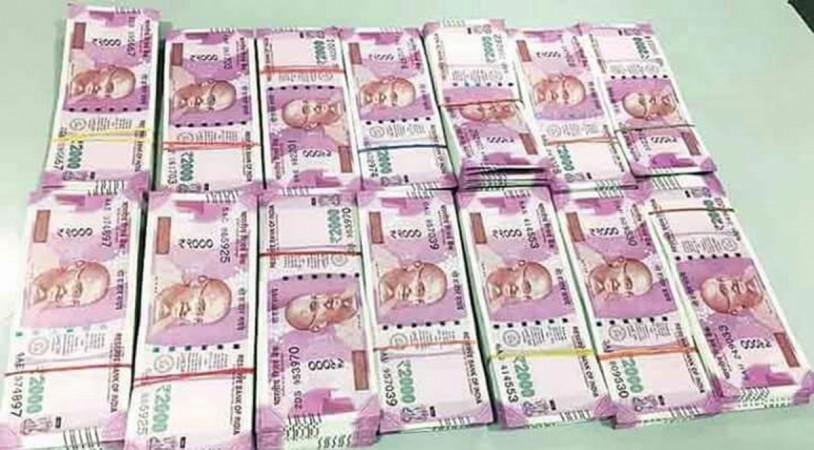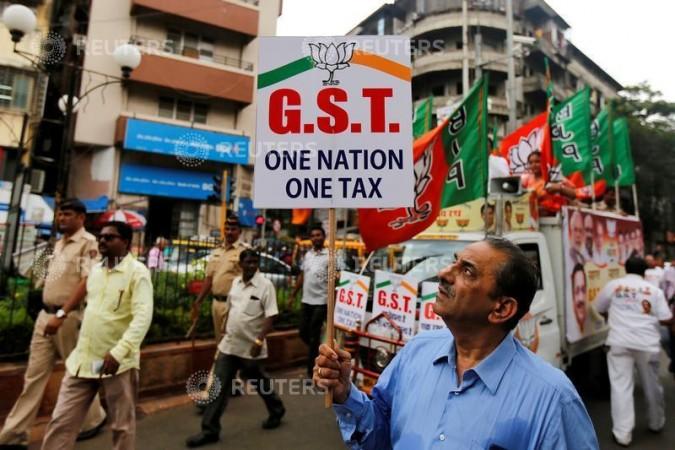
Moody's Investors Services lifted India's local and foreign currency debt ratings, saying that continued progress on economic and institutional reform will enhance India's high growth potential.
Moody's said it was lifting India's rating to Baa2 from Baa3 and changed its rating outlook to stable from positive, saying that at the Baa2 level risks to India's credit profile were broadly balanced.
Indian markets are poised for a big rally on Friday following Moody's unexpected rating upgrade, traders said.
Moody's said the recently-introduced goods and services tax (GST), a landmark reform that turned India's 29 states into a single customs union for the first time, will boost productivity by removing barriers to interstate trade.
"In the meantime, while India's high debt burden remains a constraint on the country's credit profile, Moody's believes that the reforms put in place have reduced the risk of a sharp increase in debt, even in potential downside scenarios," the rating agency said in a statement.
Still, some market participants questioned the timing of the move.
"The timing is little dicey for the upgrade given that there are a lot of concerns over the government's fiscal discipline," said a foreign bank dealer, adding he did not expect other agencies to follow Moody's.
GDP TO MODERATE
Moody's said it expects India's real GDP growth to moderate to 6.7 percent in the fiscal year ending in March 2018 from 7.1 percent a year earlier.
Moody's also raised India's local currency senior unsecured debt rating to Baa2 from Baa3 and its short-term local currency rating to P-2 from P-3.
The government of Prime Minister Narendra Modi eased tax requirements last month for small- and medium-sized companies in response to growing criticism of its economic stewardship.
Moody's noted that while a number of key reforms remain at the design phase, it believes those already implemented will advance the government's objective of improving the business climate, enhancing productivity and stimulating investment.
"Longer term, India's growth potential is significantly higher than most other Baa-rated sovereigns," said Moody's.
The agency said challenges from the implementation of the GST, ongoing weakness in private sector investment, slow progress with a resolution of banking sector asset quality issues, and lack of progress in land and labour reform remained key issues.

India's bank recapitalization plan and a push to resolve its bad loans issue by reforming the bankruptcy code were beginning to address a key weakness in India's sovereign credit profile, said Moody's.
The Indian government last month announced a $32 billion recapitalisation of state lenders to help resolve non-performing loans (NPLs) and kick-start lending growth.
"While the capital injection will modestly increase the government's debt burden in the near term, it should enable banks to move forward with the resolution of NPLs," said Moody's.








![BJP fields Tashi Gyalson for Ladakh; drops sitting MP [details]](https://data1.ibtimes.co.in/en/full/797185/bjp-fields-tashi-gyalson-ladakh-drops-sitting-mp-details.jpg?w=220&h=138)







